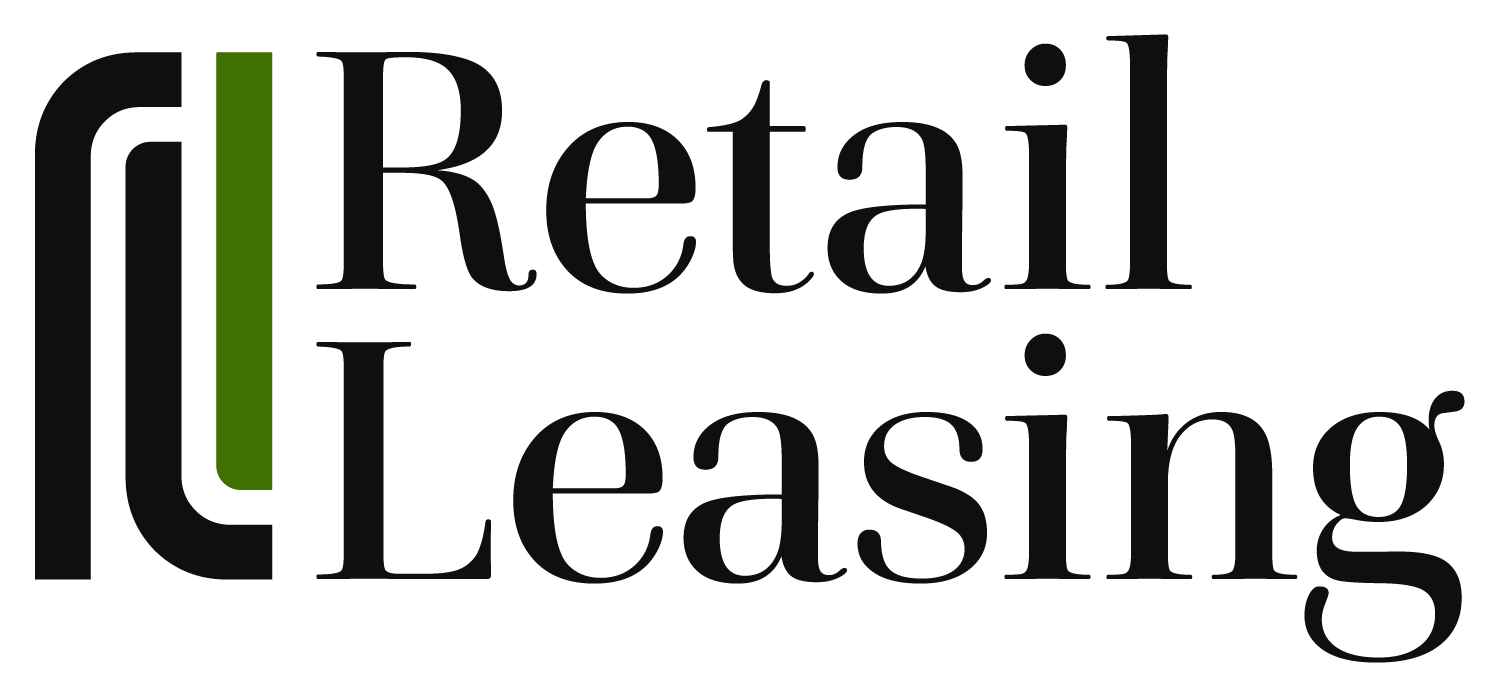
Top ten tips for retail tenants negotiating environmental, social and governance (ESG) clauses in leases
Are you confused and daunted by the latest barrage of ESG disclosure requirements in leases? Here are some tips to avoid costly pitfalls:
Tip 1: Identify ESG clauses in leases
Most modern leases include provisions relating to sustainability and the environment that urge cooperation throughout the lease term between the landlord and the tenant to ensure that the property is used as sustainably as possible. These are often known as ‘green clauses.
Tip 2: Understand why this is important
One of the direct benefits of green clauses is the reduction in utility consumption. Through energy efficient measures and sustainable practices, both landlords and tenants can significantly lower their environmental footprint.
Tip 3: Recognise the problems with green leases
Upfront costs: One of the primary challenges associated with green leases is the initial investment required for implementing sustainable technologies and practices. However, the long term benefits often outweigh these upfront costs.
Tip 4: Clarify the legal position
From 1 April 2023, Minimum Energy Efficiency Standards (MEES) Legislation, made it no longer lawful to let comercial property that has an energy performance certificate (EPC) rating of only F or G, unless certain exemptions apply.
Note the rise of greenwashing claims. Most notably the UK Advertising Standards Authority have made rulings against many companies, such as airlines, banks, fashion retailers and energy companies for misleading communications about their sustainability credentials.
Tip 5: Understand the pressure landlords are facing
The introduction of investor grade high quality ESG disclosure requirements have made landlords determined to introduce them.
Increases in ESG disclosure responsibilities have partly been in response to claims of greenwashing.
Tip 6: What are landlords asking tenants to accept in leases?
Requiring tenants not to fall below the current EPC rating when making alterations.
Meeting specified standards by reference to ratings produced under BREEAM ( Building Research Establishment Environmental Assessment Method) and LEED ( Leadership in Energy and Environmental Design).
Obliging tenants to adopt positive sustainable behaviours such as:
(a) Data sharing of energy on a regular basis.
(b) Permitting the landlord to install a smart meter.
(c) Mandatory use of recycling schemes.
(d) Meeting targets for diverting waste from landfill.
(e) Reducing vehicle deliveries.
(f) Purchasing clean or renewable energy.
(g) No reinstatement of tenant’s fit out.
Tip 7: How should a tenant react to these requests?
Consider if it is practical to share energy data on a regular basis eg Do you have the resource or will this be an additional cost?
Have you any concerns over privacy with the landlord installing a smart meter in your property to collect data?
You may have your own recycling scheme, therefore resist agreement to comply with a landlord’s recycling scheme.
Can you commit to targets for diverting waste from landfill, if a third party contractor fulfills this role?
Are you happy for the landlord to dictate your delivery times? Consider also planning restrictions on deliveries.
Can you commit to buying clean or renewable energy?
Will it add to the cost of the fit out to comply with BREEAM or LEED? Who is paying?
Do you intend to re-use your plant or equipment in another location or can you agree not to reinstate the fit out?
Tip 8: Tenant’s key arguments to resist green clauses
Renewal: Courts are taking a cautious stance when faced with landlords seeking to include green clauses in leases. The current position is that renewal leases should include new obligations in previous leases only where it is fair and reasonable for both parties.
Enforceability: How does a landlord quantify a loss resulting from a breach?
Specific Performance : Courts can impose specific performance to comply with obligations, but may refrain from doing so, where monitoring a tenant’s ongoing compliance would require too much of the court’s oversight.
Tip 9: Which green clauses would you recommend a tenant accepts?
Push for a tenant to have a right to install solar panels on the roof of the unit for the exclusive supply of solar electricity to the premises.
Ask the landlord for the current EPC rating and agree not to reduce it when carrying out alterations, unless required by law.
Agree not to reinstate tenant’s alterations that would reduce EPC rating, but be careful if you are installing expensive plant or equipment which you may want to re-use.
Consider sharing data relating to electricity, gas and water on an annual confidential basis.
Resist smart or automatic meters if concerned about privacy.
Don’t agree to comply with Landlord’s targets/strategies or to attend any environmental forums.
If a tenant has its own recycling policy, don’t agree to comply with the landlord’s recycling policy.
Tenant may agree not to register any EPC for premises, unless required by law and with the landlord’s consent, acting reasonably.
Tip 10: What green clauses should a tenant push for a landlord to agree in a lease?
Landlords to be responsible for the cost of improving energy rating/environmental performance of property pursuant to the MEES Regulations.
Permit the landlord to carry out works at the landlord’s cost to improve energy efficiency.
Ensure that environmental improvement costs of the common parts of the centre/estate are recoverable if reasonable and proper and necessary for the landlord to comply with statutory obligations.
As a commercial property solicitor with expertise and considerable experience in negotiating this minefield of recent ESG disclosure requirements, I am available to advise tenants’ agents and surveyors on appropriate heads of terms in retail leases and retailers acquiring , renewing and re-gearing their lease portfolio.
This article is general guidance only and should not to be relied upon as a full exposition of the law. Legal advice should always be sought on each lease.
